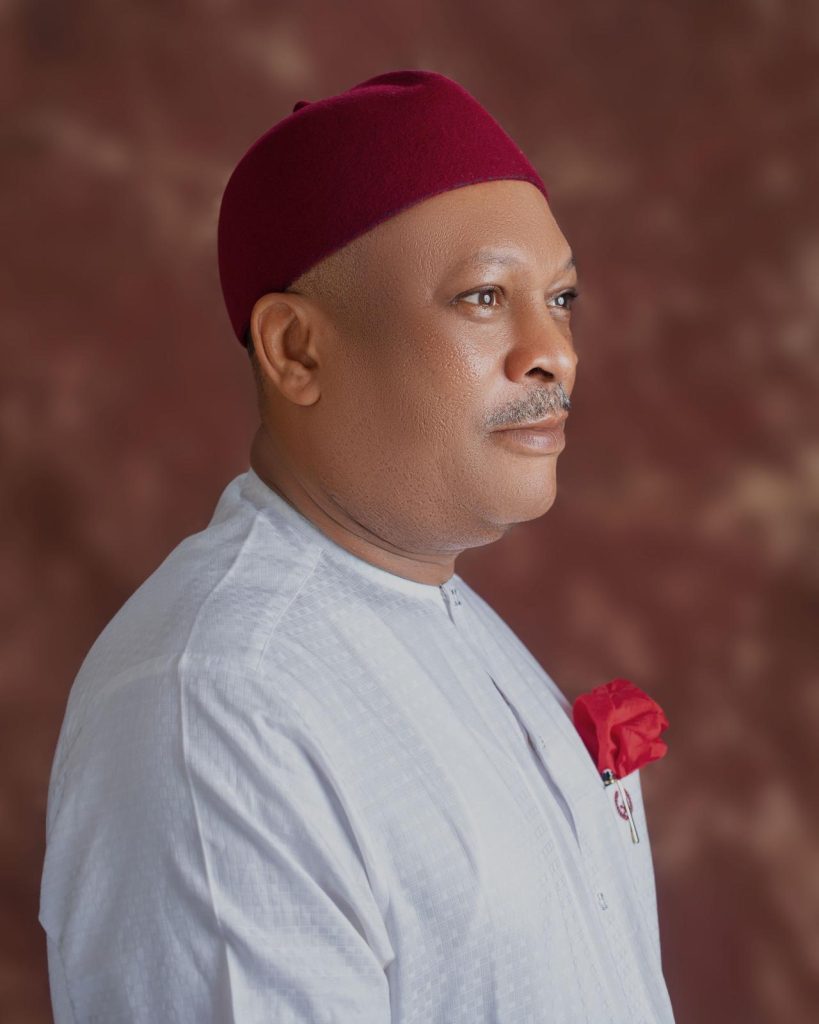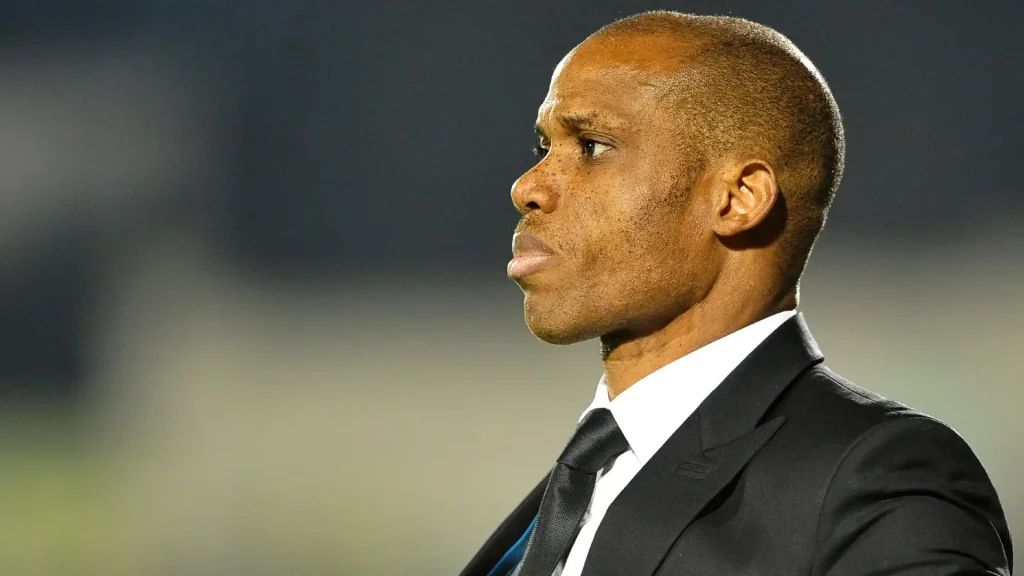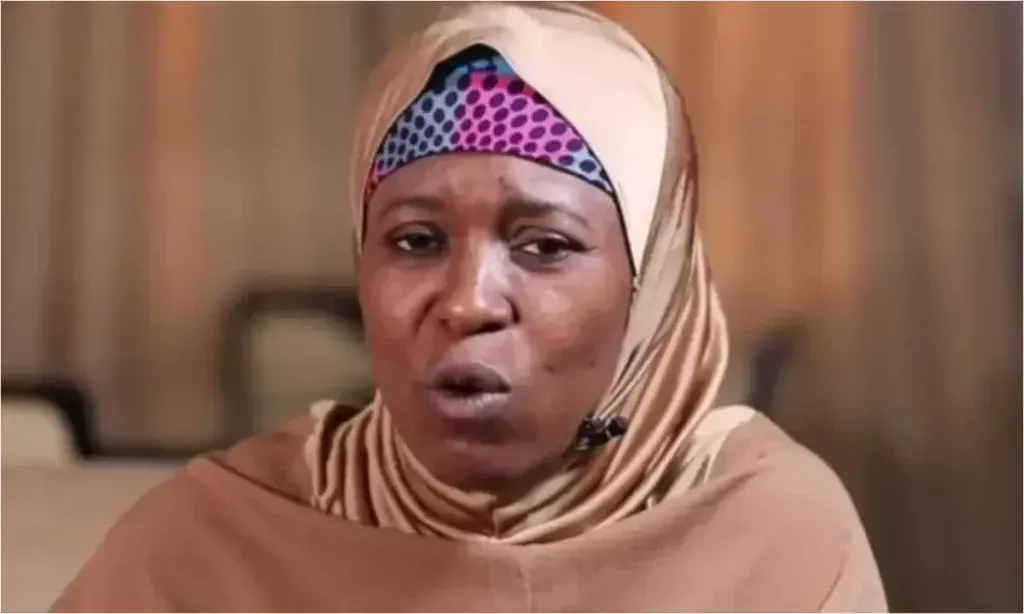Somalia’s Execution Rate Soars, Raising Concerns Over Fair Trials
In a shocking development, Somalia has seen a staggering increase in executions, with Amnesty International reporting a sixfold rise in the number of people put to death in 2023 compared to the previous year. The country’s deputy attorney general, Muse Ahmed Isse, disputes these figures, claiming that only 20 to 21 executions took place in 2023, with most of those being members of the militant group Al Shabaab.
According to Amnesty International, Somalia was the only country in Sub-Saharan Africa to carry out executions last year, with all 38 executions taking place by firing squad. While the total number of executions recorded in 2023 is the highest for the whole of Sub-Saharan Africa since 2015, it is worth noting that all executions took place in a single country.
The increase in executions is attributed to the new government’s declaration of war against Al Shabaab, which has led to a significant rise in the number of people being sentenced to death. Lawyer Khadra Ahmed notes that members of the armed forces have also been executed for killing unarmed civilians, such as rickshaw drivers in Mogadishu.
The executions take place on a beach in Mogadishu, close to an informal settlement occupied by about 50 families. Parents complain that the area is not cleaned up after executions, and they are also afraid their children will be shot accidentally during executions.
Local lawyer Mohamed Abdi believes that there are no organizations campaigning against the death penalty in Somalia due to fear of being seen as challenging religious principles. He argues that if such organizations existed, they could help people who are wrongly sentenced to death.
University student Abdinor Omar vehemently opposes executions, stating that people are sentenced to death on flimsy evidence and that some are tortured and coerced into confessing to being members of Al Shabaab. He also claims that individuals are sentenced and executed within 48 hours.
The deputy attorney general, Mr. Isse, insists that people on death row have received fair trials, with thorough investigations carried out and confessions made available to the public. However, student Mr. Omar disagrees, stating that the justice system is unfair and that investigators are unprofessional, with criminals and judges sometimes being in cahoots.
Somalia’s courts have been plagued by corruption and a lack of resources, leading many to opt for Al Shabaab courts, even in areas they do not control, due to their perceived efficiency and lack of corruption.
As Somalia continues to grapple with turmoil and instability, concerns over the fairness and transparency of its justice system remain high.



